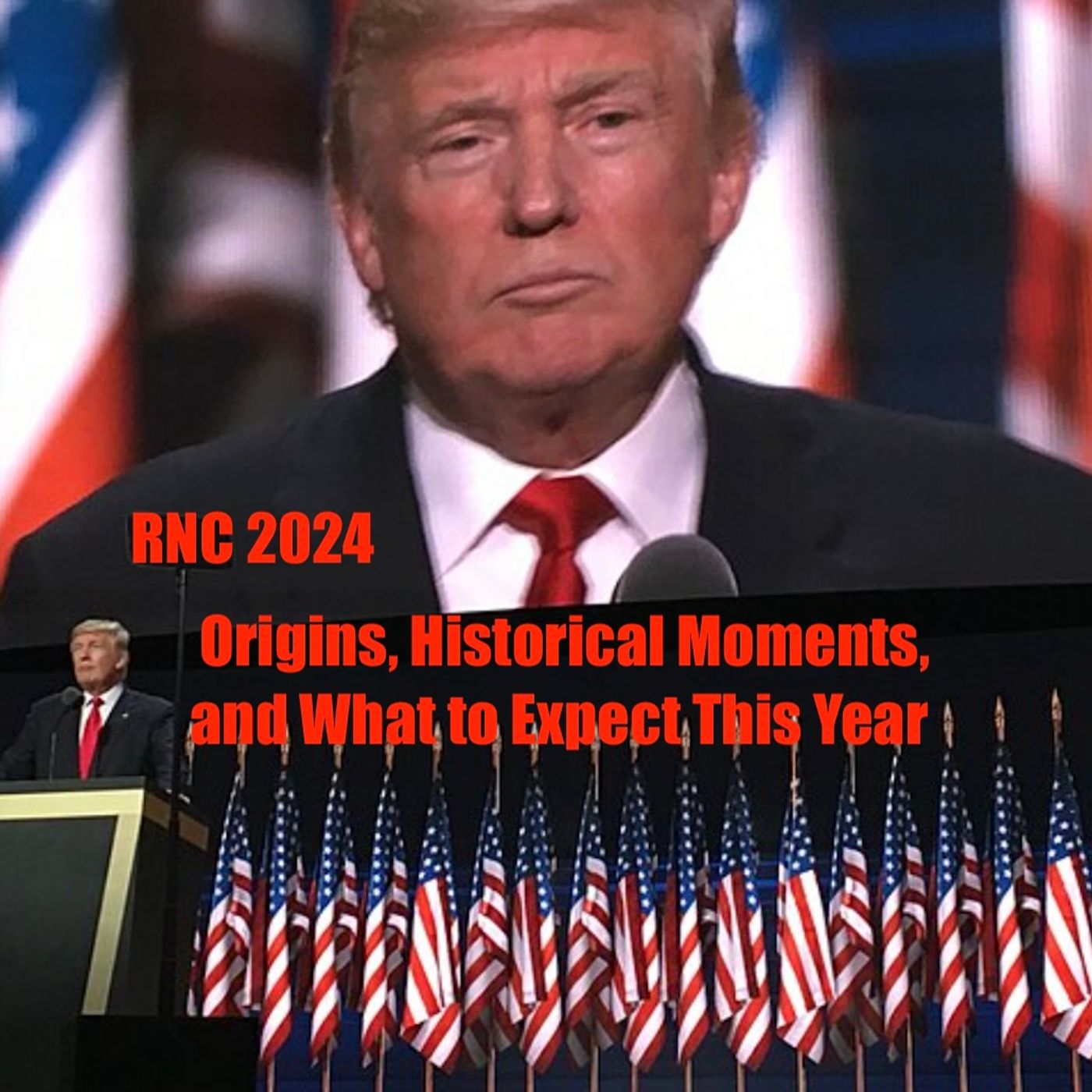"Minority Voters Shift Towards GOP: Implications for 2024 and Beyond"
Description
As the 2024 presidential election approaches, one notable aspect that's captured the attention of political analysts is the shifting demographic trends among minority voters, particularly within the Black and Latino communities. Historically, these groups have leaned heavily towards the Democratic Party. However, recent studies and polls suggest there might be a slow yet noticeable shift towards the Republican Party, often referred to as the GOP or Grand Old Party.
This shift has been partially attributed to the economic policies and outreach strategies adopted by prominent Republican figures, including former President Donald Trump, who is a key figure for the RNC (Republican National Committee) as we head towards 2024. Despite skepticism from experts about the extent of this shift, the implications could be significant for the political landscape. The Republican Party's ability to attract minority voters, who are a rapidly growing demographic in the U.S., could reshape future elections and potentially redefine the GOP's traditional voter base.
Several factors contribute to this potential realignment. Economic issues, particularly jobs and business opportunities, are often cited as primary concerns for Black and Latino voters. The Republican emphasis on tax cuts, deregulation, and support for small businesses is resonating with segments of these communities who feel left behind by traditional Democratic policy frameworks. Moreover, cultural and social issues such as school choice and religious values might also align more closely with conservative viewpoints, which could sway voters towards the GOP.
However, it's important to acknowledge the skepticism around these poll results. Political dynamics are complex, and voter behavior can be influenced by a wide variety of factors, including socio-economic backgrounds, historic affiliations, and current events. Polls can only capture a snapshot of current sentiments, which might not necessarily translate to actual voting behavior. Additionally, the strategies adopted by the Democratic Party in response to these trends will also play a critical role in the eventual outcomes.
In the face of these shifting sands, the Republican Party, under the guidance of the RNC, is poised to potentially make significant inroads with Black and Latino voters in 2024. If these trends do hold true, they could catalyze a broader transformation within the GOP, impacting not only the 2024 elections but also the future ideological and policy directions of the party. Such a change would not only influence the political strategies on a national level but could also have deep impacts at local and state levels, where the realignment may first become visible.
As the election cycle progresses, it will be crucial to keep a close eye on these demographic shifts and the strategies employed by both major parties to engage with and earn the trust of these pivotal voter groups. The outcome of these efforts will undoubtedly have longstanding implications for the political, social, and economic fabric of the United States.
More Episodes
As the Republican Party gears up for the 2024 presidential election, several notable figures and strategic decisions are drawing attention within the GOP. This involves a broad spectrum of topics from high-profile appointments to the influential roles of family members in bolstering the party's...
Published 11/24/24
Published 11/24/24
The Republican National Committee's (RNC) 2024 gathering has been marked by a series of dramatic and newsworthy events, emphasizing the high stakes and intense scrutiny surrounding this electoral cycle. Among the most startling occurrences was former President Donald Trump's attendance at the...
Published 11/23/24


